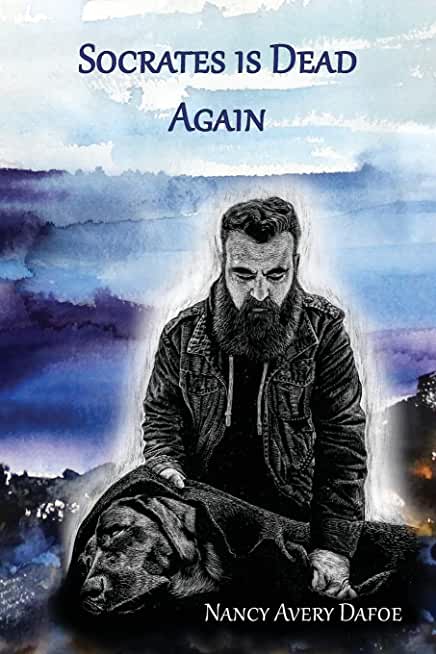
Winner -- Walter & Lillian Lowenfels Criticism Award, 45th Annual American Book Awards, Before Columbus Foundation A queer, Black "biography in essays" about the performer who gave us "Hound Dog," "Ball and Chain," and other songs that changed the course of American music. Born in Alabama in 1926, raised in the church, appropriated by white performers, buried in an indigent's grave--Willie Mae "Big Mama" Thornton's life events epitomize the blues--but Lynnée Denise pushes past the stereotypes to read Thornton's life through a Black, queer, feminist lens and reveal an artist who was an innovator across her four-decade-long career.
Why Willie Mae Thornton Matters "samples" elements of Thornton's art--and, occasionally, the author's own story--to create "a biography in essays" that explores the life of its subject as a DJ might dig through a crate of records. Denise connects Thornton's vaudevillesque performances in Sammy Green's Hot Harlem Revue to the vocal improvisations that made "Hound Dog" a hit for Peacock Records (and later for Elvis Presley), injecting music criticism into what's often framed as a cautionary tale of record-industry racism. She interprets Thornton's performing in men's suits as both a sly, Little Richard-like queering of the Chitlin Circuit and a simple preference for pants over dresses that didn't have a pocket for her harmonica. Most radical of all, she refers to her subject by her given name rather than "Big Mama," a nickname bestowed upon her by a white man. It's a deliberate and crucial act of reclamation, because in the name of Willie Mae Thornton is the sound of Black musical resilience.
member goods
listens & views

VOL. 6-ORDER ORDANATA / VARIOUS ...
by VOL. 6-ORDER ORDANATA / VARIOUS (UK)
COMPACT DISCout of stock
$11.99






